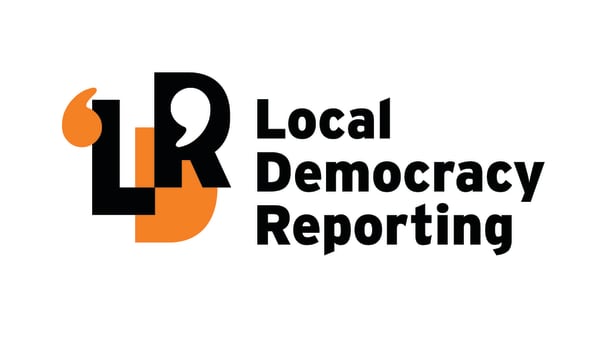Some of Gisborne’s asphalt roads will be switched to unsealed as the district council looks to save money.
As part of its Three-Year Plan, Gisborne District Council committed to reviewing its network of local roads covering 1899 kilometres to see where it needed to “build stronger roads” and “where to pull back”. 
One councillor said problematic sealed roads were proving to be “bottomless pits” for funds because of constant repairs.
The council has compiled a list of 86 sealed roads within Gisborne city, in rural areas and along the East Coast that a report says have deteriorated to such an extent that it would be more beneficial to either revert the road or parts of it to an unsealed state or to resurface it with a cost-effective chip seal coating.
“The selected roads have multiple surface faults like potholes and shoves, or the top layer of seal has been stripped off,” the report says.
In 2018, the council adopted a policy to resurface asphalt concrete roads to chip seal coatings on Gisborne’s urban road network.
However, there is no existing policy to change sealed roads to unsealed, and as it impacts service levels, a new policy is required.
During Thursday’s Operations Committee meeting, councillors approved a report which recommended council staff conduct change-in-service level meetings in affected areas until a policy is adopted, as Totangi (at Ngātapa), Russell (Ngātapa) and Armstrong (Whatatutu) roads might become unsafe if left to withstand another winter.
The council has already conducted one meeting with the Ngātapa community regarding the first two roads.
Councillor Debbie Gregory said she was impressed by the approach of the level of service meeting.
“It’s certainly a sign of the times ... the community appreciated knowing what was going on in advance. It was a good option for the situation, so it wasn’t all bad news.”
Earlier this year, a resident described the poor state of Totangi Rd to the Gisborne Herald.
“One has to crawl in and out of potholes and craters, swerving from left to right.”
Councillor Larry Foster referred to the changes as “a sign of good service”.
He had received feedback that the community was “over the moon” because their potholes would no longer be there.
Road deterioration can be attributed to several factors, including earth movements that cause subsidence during winter, increased heavy freight traffic and inadequate drainage.
Additionally, inflation has reduced maintenance budgets, while multiple flood events have accelerated the deterioration of the underlying road pavements, according to the council report.
Councillor Teddy Thompson asked if Waingake Rd, which was not on the list, would be reverted to unsealed.
“We’ve put millions and millions into that road ... and it keeps on falling apart,” he said. “It’s a bottomless pit.”
Council Journeys infrastructure manager Dave Hadfield said the council was going through a level of service (LOS) review, which investigated Gisborne’s roads and access to utilities such as hospitals and cell towers, which will inform their decisions.
“If we decide to set that road high then there are other roads that we will probably have to reset.”
The sealed-to-unsealed policy will not be developed until after the LOS review. Hadfield said the council hoped to complete the review by May or June.
Deputy Mayor Josh Wharehinga praised the community-led discussions.
“Hats off to the Ngātapa community for having a productive robust discussion with us,” he said.
When people heard about changing the roads back, people “automatically escalate”, but when people were participating in the decision-making then they could understand the reasons why, he said.
Wharehinga questioned the need for a policy.
Council director of sustainable futures Joanna Noble said the policy provided a “bigger strategic context” for decision-making before going to the community-led conversations.
According to the report, reverting Totangi Rd will cost $129,000 and Russell $89,000. Most of the costs are associated with drainage improvements and top-up aggregate.
“But residents will notice a marked improvement on their road surface,” the report says.
Work started on the two roads the week of October 21 with the aim of completing the work over the spring months (weather permitting). Once completed, the sites will be monitored quarterly to identify and schedule grading maintenance.
A 2018 council report indicated that applying a chip seal coating to asphalt concrete roads could save approximately $8 million for every 22km over the next 10 years. Additionally, this treatment could extend the road’s lifespan by 10 to 15 years.
However, not all roads are suitable for chip seal resurfacing, such as roundabouts, sharp bends and cul-de-sacs.










